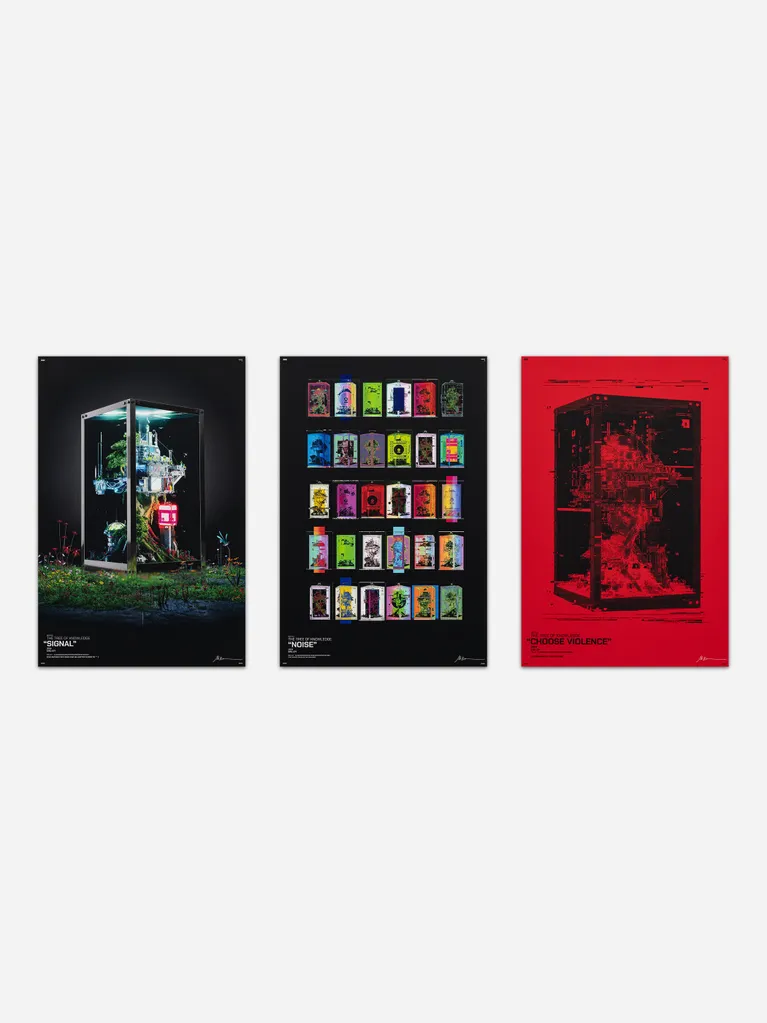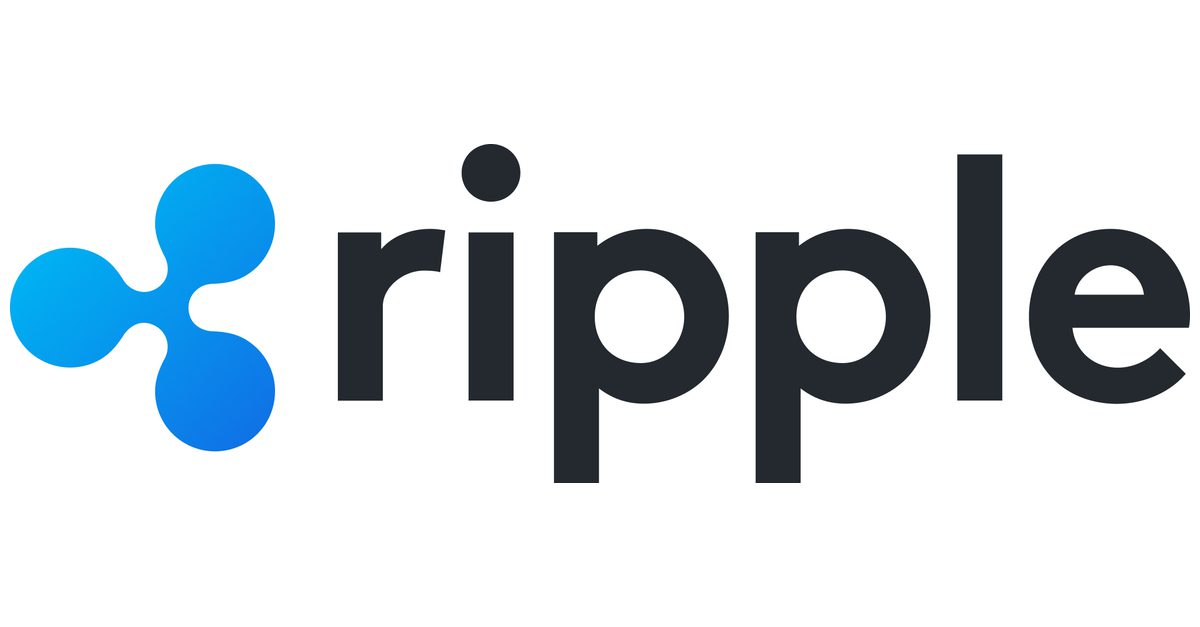Quick take:
- The company will use the fresh capital to accelerate the development of its “elastic chain”.
- Unlike most layer-2s, Sophon targets consumer-facing apps including gambling, ticketing and social.
- Sophon’s pseudonymous co-founder and CEO Sebastian “Seb” said the closest rivals to Sophon are Solana and Base.
Sophon has announced an undisclosed token round with backing from Binance. The fundraising was structured as a simple agreement for future tokens (SAFT), Sophon’s pseudonymous co-founder and CEO Sebastian “Seb” told The Block.
The announcement comes just months after Sophon raised $60 million in a node sale, with many of the nodes purchased by unnamed venture capital firms, a person familiar with the matter told CoinDesk in May.
Earlier this year, Sophon also raised $10 million in a seed round led by Paper Ventures and Maven11 with participation from Spartan, SevenX, OKX Ventures and Huobi Ventures.
The latest fundraising comes ahead of the layer-2 blockchain network’s planned mainnet launch next month.
Sophon is building an “elastic chain”, which Seb says is tailor-made for consumer-facing apps including gambling, ticketing and social platforms. The platform has recently secured partnerships with distributed cloud compute infrastructure Aethir, Web3 gaming platform Beam, and predictions layer Azuro.
The chain is built using Matter Labs’ ZKSynch stack, which the CEO says allows Sophon to differentiate itself “by leveraging native account abstraction, gasless experiences and the ability to power the base gas token with SOPH.”
Building on Sophon is different from building on ZKsync according to Seb, who told The Block that “blockchains like ZKsync Era, Optimism and Arbitrum are and will remain generalist,” with their main focus on liquidity and DeFi hubs.
Sophon, on the other hand, allows developers to build apps that are deeply connected with retail with a strong focus on platform and product as the main aim.
“In the web2 space, nobody cares whether they are using Amazon Web Services, Microsoft Azure or Google Cloud Platform when they use Booking.com or Netflix; what matters is the platform experience, coupled with distribution channels and in some cases, culture and/or community,” Seb said. “Our vision is to create a seamless, engaging, and culturally rich ecosystem that integrates web3 with everyday lifestyle applications.”
Stay on top of things:
Subscribe to our newsletter using this link – we won’t spam!
Follow us on X and Telegram.
Credit: Source link









